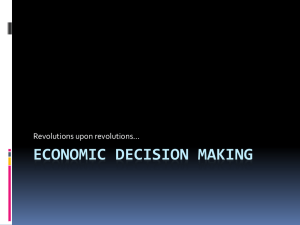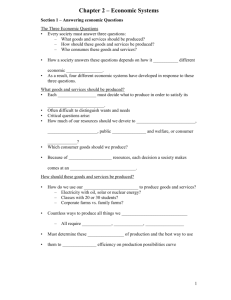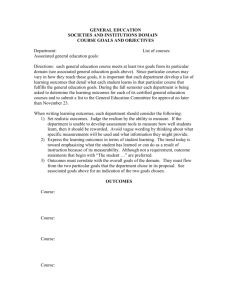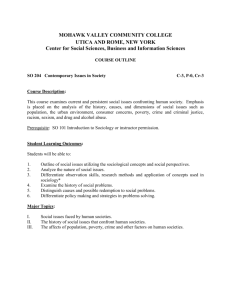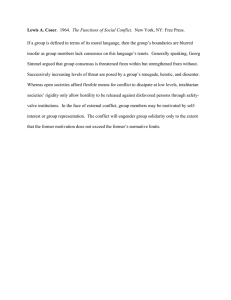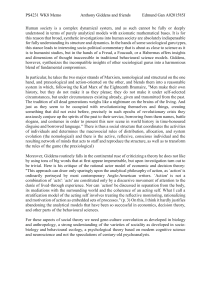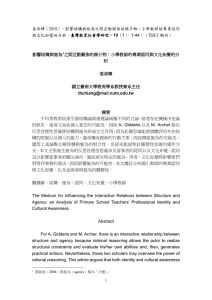Anthony Giddens York, NY: Routledge.
advertisement
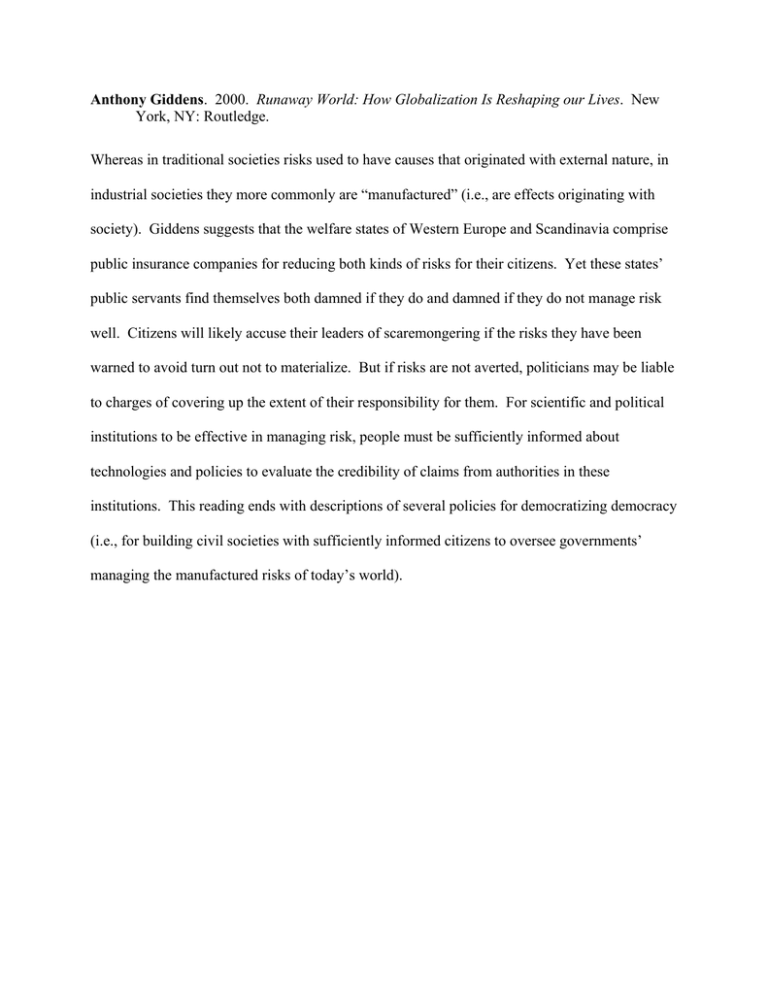
Anthony Giddens. 2000. Runaway World: How Globalization Is Reshaping our Lives. New York, NY: Routledge. Whereas in traditional societies risks used to have causes that originated with external nature, in industrial societies they more commonly are “manufactured” (i.e., are effects originating with society). Giddens suggests that the welfare states of Western Europe and Scandinavia comprise public insurance companies for reducing both kinds of risks for their citizens. Yet these states’ public servants find themselves both damned if they do and damned if they do not manage risk well. Citizens will likely accuse their leaders of scaremongering if the risks they have been warned to avoid turn out not to materialize. But if risks are not averted, politicians may be liable to charges of covering up the extent of their responsibility for them. For scientific and political institutions to be effective in managing risk, people must be sufficiently informed about technologies and policies to evaluate the credibility of claims from authorities in these institutions. This reading ends with descriptions of several policies for democratizing democracy (i.e., for building civil societies with sufficiently informed citizens to oversee governments’ managing the manufactured risks of today’s world).



